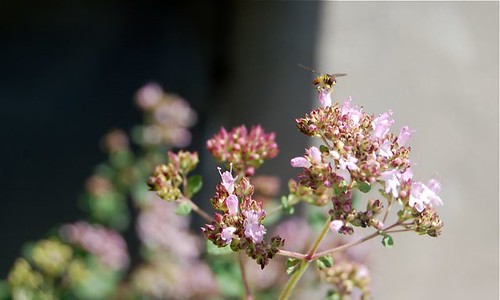The pesticide that kills bees
A pesticide is being fingered as the culprit behind the sudden collapse of wild and domestic bee populations. The pesticide, clothianidin, attacks an insect’s nervous system. It was approved by the U.S. Environmental Protection Agency in 2003; a 2007 study on its effects on bee populations was later found to be flawed, according to an internal EPA memo that surfaced last month. The memo called for another field study and precautionary labelling. (In Canada, such labelling already exists: see clothianidin’s listing in the Pesticide Product Information Database.)
Meanwhile, an accidental release of clothianidin in Germany in 2008 resulted in two thirds of the region’s bees dropping dead. As a result, it and similar pesticides have been banned in several European countries; that ban may be helping bee populations.
Nevertheless, clothianidin is widely used in the U.S. (especially on corn); Bayer, its manufacturer, sold $262 million worth in 2009. Seeds are even sold pre-treated with the stuff; it ends up in the plant’s pollen and nectar — which is how it gets to the bees. Warnings not to apply it when bees are in the vicinity don’t really apply if it’s already coursing through the plant.
I can’t do this subject justice. You should read Fast Company’s three-part series on clothianidin, the EPA, and bees: one, two, three. As well, io9 has an excellent summary.
